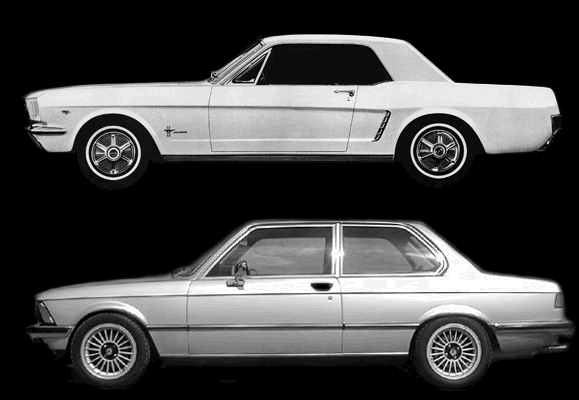2015 Ford Mustang's 'Active Noise Control' Raises Engine Noise Through Car Speakers

Ford Mustang drivers who get an extra thrill from the sound of the engine should keep their speakers turned up loud. The 2015 model of the muscle car artificially raises the sound of the engine through the speakers since the smaller, more fuel efficient motor is rather quiet on its own.
Owners will save money on gas, but the new engines won't emit the same rumble for which the classic Ford Mustangs are so well known. The vrooming V8 engines that dominated highways through the 1970s have been replaced with a turbocharged four-cylinder that, for all its efficiency, doesn't have the same power of noise of the classic models. Writer Jason Cammisa first made the discovery earlier this month when he accidentally pulled a fuse that silenced the stereo, only for the sound of the engine to go out, as well.
@jasoncammisa pulls fuse 27 on 4cyl #2015mustang EcoBoost. Both stereo & engine go quiet. #FakeEngineNoise #busted! pic.twitter.com/WNzQefCbtQ
— Road & Track (@RoadandTrack) September 17, 2014“We don't create an artificial sound; we don't pluck one off the shelf -- we bring in the real sound, process it, and play it through the car's speakers,” an engineer told the United Kingdom's Car Magazine.
The system is known as Active Noise Control, a process that's used in some BMWs and other popular car models. Even though the speakers don't fabricate sound, only amplify what's already there, a number of critics are unimpressed.
“The last time I drove a BMW M235i, I loved the way it sounded, but I couldn't allow myself to enjoy it because deep down I knew it wasn't real,” blogger Patrick George wrote in Jalopnik. “Maybe that doesn't matter to everyone, but it matters to me. Noise is an important part of a driving experience, and a car that doesn't sound great isn't worth owning.”
© Copyright IBTimes 2024. All rights reserved.




















